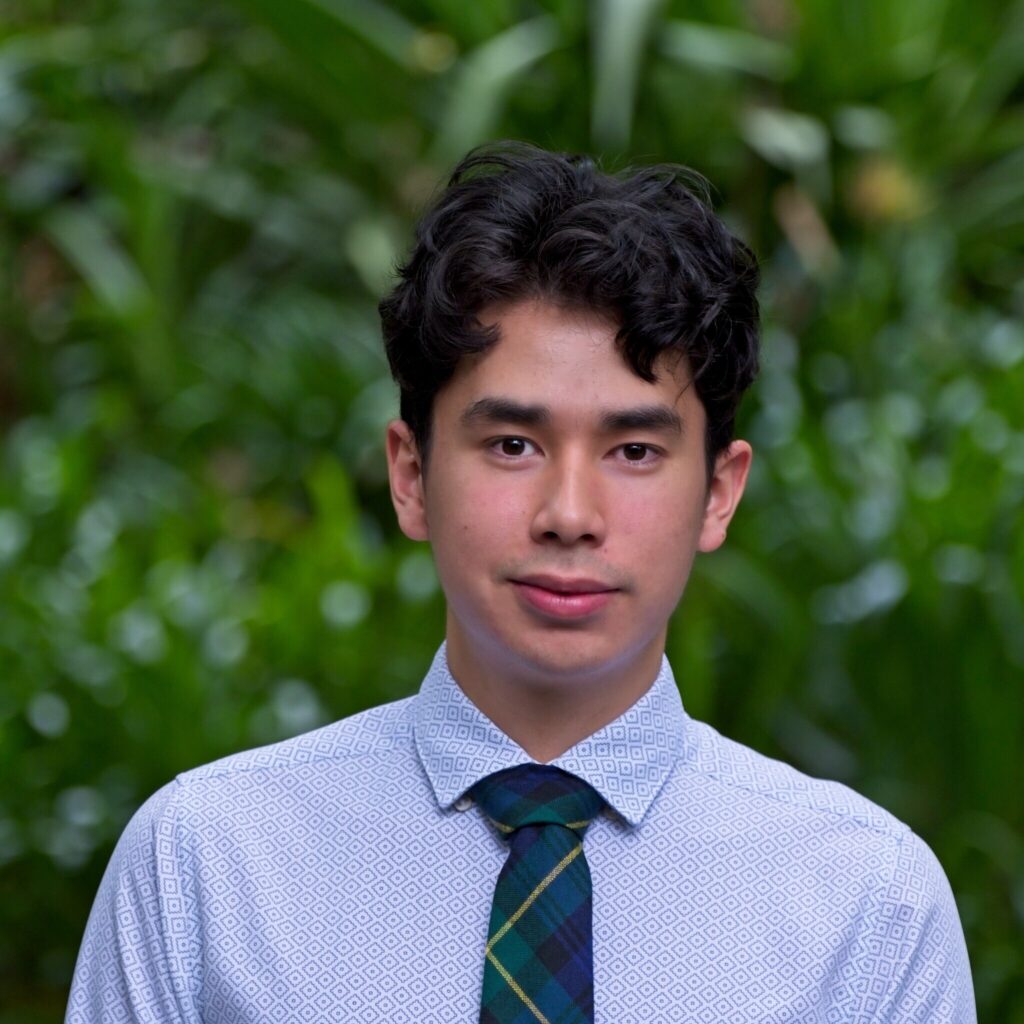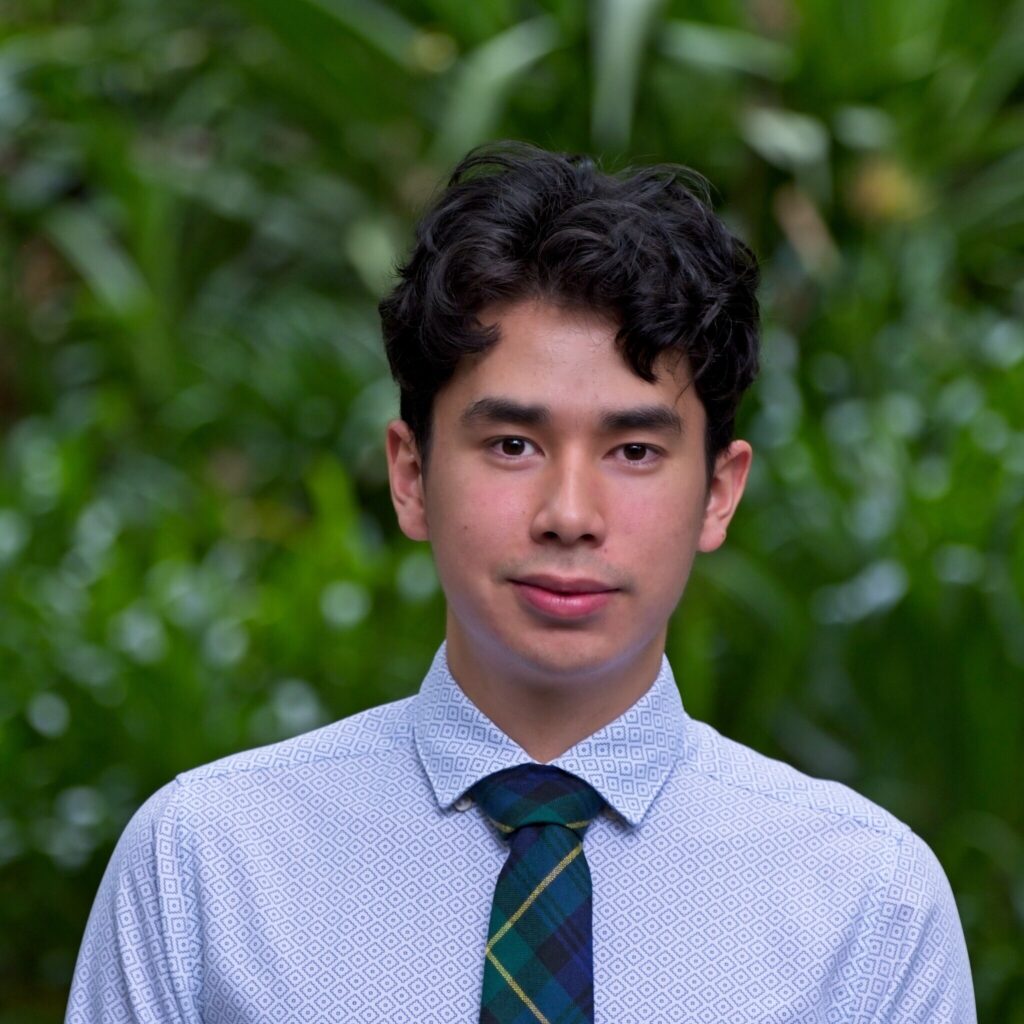Please join me in congratulating Cory Aitchison, who was awarded the Gates Cambridge Scholarship to undertake a PhD in Applied Mathematics and Theoretical Physics at The University of Cambridge. The Gates Cambridge Scholarship Programme, which was established in October 2000 by the Bill and Melinda Gates Foundation, offers approximately 80 full-cost scholarships to outstanding applicants from countries outside the UK. Cory was 1 of 4 Australians to be selected for the program in 2023.

In addition to winning the Gates Cambridge Scholarship, Cory was named the Best Graduating Student for Physics Honours by the Australian Institute of Physics, and won the Shiroki Prize for Best Honours Project in Physics. The Shiroki Prize was established in 1994 by a gift of $10,000 from Mr Yoshitada Fujimaki, President of the Shiroki Corporation, Japan, and is annually awarded on the recommendation of the Head of the School of Physics to the student who submits the best project in Physics Honours.
Cory graduated this year with a BSc / B Advanced Studies (Physics Honours and Statistics) (University Medal) from the University of Sydney. Here’s what he had to say about winning a Gates Cambridge Scholarship…
What does winning this scholarship mean to you?
I’m deeply honoured to receive this scholarship and am grateful for the many opportunities it provides. I look forward to joining the remarkable community of Gates Cambridge scholars, both past and present, who come from a range of academic disciplines and cultural backgrounds. Attending Cambridge with this scholarship will give me the chance to engage with these diverse perspectives and embrace a multidisciplinary approach to my future research.
I am also very thankful for all the support from the physics staff, especially my Honours supervisors Andrew Doherty and Dominic Williamson from the Quantum Theory Group.
Can you tell me more about your research?
My research focusses on the intersection between quantum information theory and condensed matter physics. Quantum computers are really promising, but their quantum data is easily corrupted or lost over time. There are a few different ways of overcoming this – such as something like a “quantum hard-drive”, the topic of my Honour’s thesis at the University of Sydney – but it turns out that a lot of these solutions also are very relevant to the study of exotic phases of matter. By combining these two fields together, we can learn a lot about both areas.
This research comes at a particularly important period where the scientific community is just starting to develop experimental realisations of scalable, controllable quantum systems. This gives us the unprecedented ability to test and iterate upon these radical ideas from quantum theory, while also hopefully improving future applications such as quantum computers.
What did you enjoy the most about your degree and what did you find the most valuable?
What I enjoyed most was really the academic environment – being surrounded by a group of peers who similarly love physics! Some of my favourite memories from my degree were just attending tutorials and lectures, working on problems together or picking each other’s brains while studying for exams. I believe that the people (including the tutors and lecturers) really helped me get excited about physics.
In terms of value, the Special Studies Program and the opportunity to do research as part of my degree were definite highlights. Coming into university, I knew I enjoyed physics but I didn’t have a strong grasp on what area I wanted to specialise in (or if I even wanted to continue on in research). Being able to try out a few different areas, while performing actual research with various supervisors, was extremely valuable to me.
What do you hope to achieve after the completion of your PhD at Cambridge University?
I would love to continue doing research in academia! I know the path to a career and professorship is tough, and so I’m proceeding one step at a time, but I would like to give it a go. Whether that is direct via a post-doctorate fellowship (maybe back here at the University of Sydney) or through an industry role, I am not yet sure.

